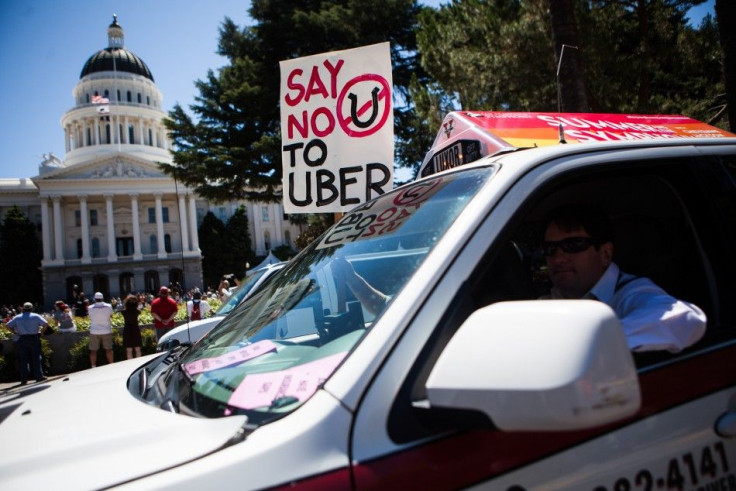Uber Is Good For Canadian Consumers - Competition Bureau

Ridesharing app service Uber has gotten an upper hand against the injunction filed against it by the City of Toronto. No less than Canada's Competition Bureau has given the digital dispatch service a thumbs up.
Toronto wants the Uber ridesharing service stopped in its territory claiming it's unsafe for both passengers and drivers, plus it challenges the business interests of existing regulated taxi operators. But on Tuesday, the Bureau said its presence is a very good thing because it enables competition, forcing "service providers must work harder to make the offerings attractive to consumers." Bottomline, "competition is always good because it gives consumers more choices," Martine Dagenais, the Competition Bureau's Associate Deputy Commissioner of Competition.
The application lodged by Toronto in court last week that seeks to ban Uber has a central goal, the Competition Bureau said, and that is to limit options and access for the consumers. As Toronto blasted Uber for its services, the agency disclosed the traditional taxi industry is not without fault, having received "numerous complaints," including on wait times and high prices. Even traditional taxi drivers complained they have trouble getting the necessary plates to operate their cabs.
Born in San Francisco and operates in 230 cities across the world, the Uber ridesharing service uses a mobile app. Using GPS technology, this app connects customers with drivers of vehicles for hire. It enables customers to make requests for rides; also, track their reserved vehicle's location.
But the Competition Bureau said digital dispatch services actually offer an innovative and convenient alternative to traditional methods of arranging urban transportation, such as hailing a taxicab on the street or phoning a traditional dispatcher. It stressed to Toronto's taxicab industry that taxi regulation should support new entrants. Apart from Toronto, Uber is also facing clampdowns in Ottawa, Montreal, Calgary and Vancouver.
Mark Taylor, an Ottawa Councillor who chairs the committee that regulates the taxi industry, acknowledged that competition is as long as every provider adheres to the same set of rules. He alleged most of the Uber drivers don't have municipal taxi permits.
See here the statement of Canada's Competition Bureau: http://www.competitionbureau.gc.ca/eic/site/cb-bc.nsf/eng/03842.html





















